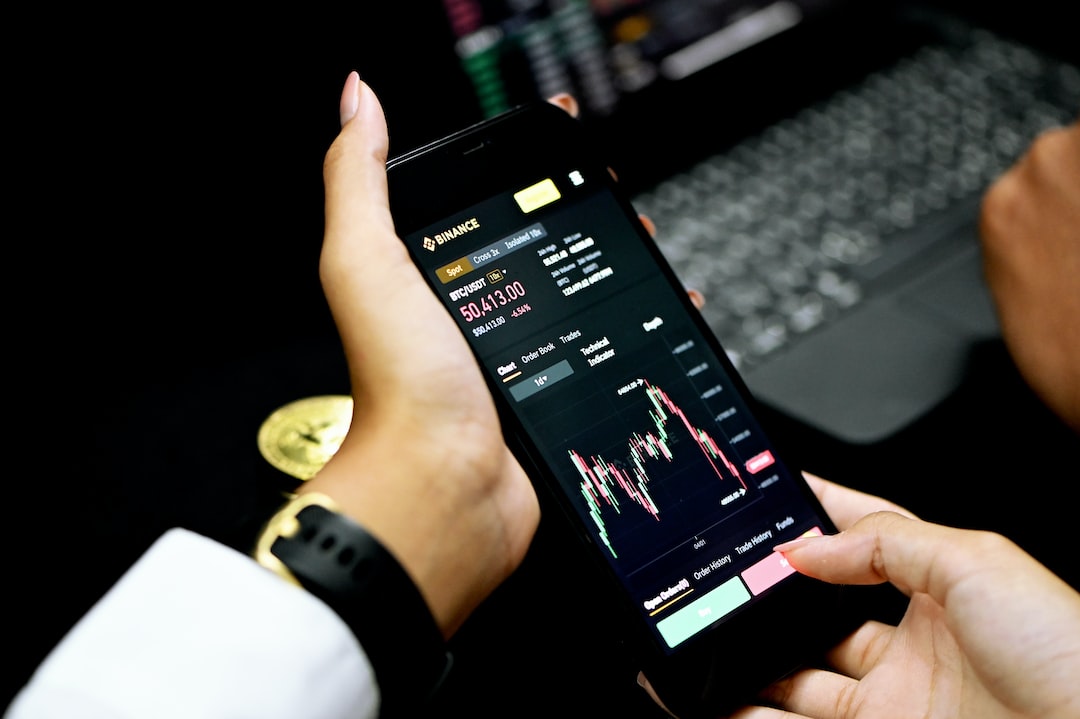Forex trading is an ever-evolving market that can be both lucrative and challenging for traders. One of the most significant aspects of forex trading is volatility, which refers to the degree of price movement in a particular currency pair. In simpler terms, volatility measures the frequency and magnitude of fluctuations in the price of a currency pair over a specific period.
In forex trading, volatility is a critical factor that affects the profitability of trades. Volatility can be beneficial for traders as it creates opportunities for profit-making. However, it can also be risky as prices can change rapidly, leading to losses.
Understanding Volatility in Forex Trading
Volatility is a term used to describe the amount of price movement that occurs in a particular market over time. In forex trading, volatility refers to the frequency and magnitude of fluctuations in the price of a currency pair. The more volatile a currency pair is, the more significant the price changes will be.
Volatility is measured using various technical indicators, such as the Average True Range (ATR), the Bollinger Bands, and the Relative Strength Index (RSI). These indicators provide traders with a visual representation of the degree of price movement in a currency pair.
Factors that Affect Volatility in Forex Trading
Several factors can affect the volatility of a currency pair in forex trading. These factors include:
Economic News and Data Releases
Economic news and data releases are one of the most significant drivers of volatility in forex trading. When important economic data is released, such as employment numbers, GDP figures, or inflation rates, it can cause significant price movements in the currency markets.
Political Events
Political events, such as elections or geopolitical tensions, can also affect the volatility of currency pairs. For example, if there is political unrest in a country, its currency may become more volatile as investors become more uncertain about its future.
Market Sentiment
Market sentiment is another factor that affects volatility in forex trading. If there is a positive sentiment in the market, traders tend to be more optimistic, and prices may rise. Conversely, if there is a negative sentiment, traders may become more pessimistic, and prices may fall.
Liquidity
Liquidity is another factor that affects the volatility of a currency pair. The more liquid a currency pair is, the less volatile it tends to be. This is because there are more buyers and sellers in the market, which makes it easier to buy and sell currencies at a fair price.
Benefits of Volatility in Forex Trading
Volatility can be beneficial for traders as it provides opportunities for profit-making. When prices are volatile, there are more opportunities for traders to buy low and sell high, which can result in significant profits.
Furthermore, volatility can also provide traders with an opportunity to diversify their portfolios. By trading in different currency pairs with varying degrees of volatility, traders can spread their risks and increase their chances of making profits.
Risks of Volatility in Forex Trading
While volatility can be beneficial for traders, it can also be risky. When prices are volatile, they can change rapidly, leading to significant losses if traders do not manage their risks effectively.
Furthermore, volatility can also make it challenging to predict market movements accurately. This is because prices can change quickly and unexpectedly, making it difficult for traders to stay ahead of the markets.
Conclusion
Volatility is a critical factor in forex trading that affects the profitability of trades. While it can provide opportunities for profit-making, it can also be risky. Traders must manage their risks effectively and use technical indicators to gauge the degree of volatility in the market. By doing so, they can increase their chances of making profits and minimize their losses.





